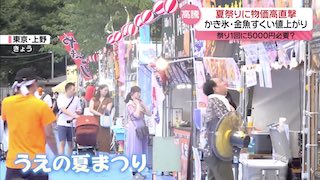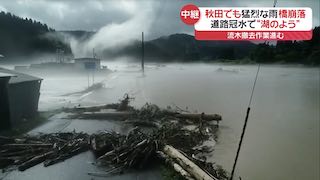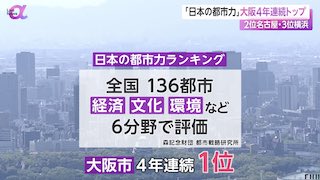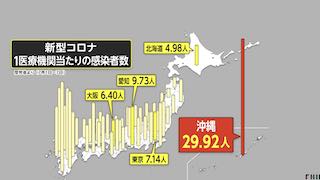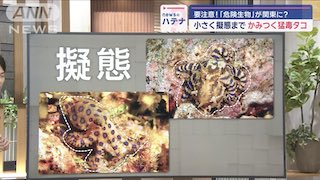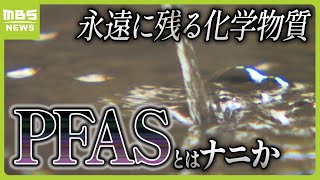Jun 25 ( Paolo fromTOKYO) - This is how Japan Recycles Plastic Trays. I’m at the Ibaraki Kanto recycling factory of Japan’s largest plastic food container producer, FPCO.
This Japanese factory recycles used plastic food trays to make brand new ones. In fact, they are the first company in the world who started tray-to-tray container production. All throughout Japan, used plastic trays are commonly collected at designated supermarket recycle bins, where they’re picked up by trucks and brought to recycling factories. About 5 tons of plastic trays are collected every day at this factory. Based on the most recent statistics from 2016 out of the top 20 plastic waste producing countries, Japan ranks 15th in the world, for annual plastic waste production per person at 38kg 83lbs, compared to the US at a steady #1 producing 105kg 231lbs of plastic waste per person, with the UK in 2nd at 99Kg. That said, Japan recycles about 20% of that plastic waste for reuse. First thing you may notice is that the trays arrive rather clean. And I can vouch, with no stench. In Japan, before placing the plastic trays into the recycle bins, they’re washed and dried at home by each individual. A very critical part of the process since this type of recycling business wouldn’t be possible without the cooperation from the community. Interestingly, many Japanese kids from a young age learn how to clean and separate plastics as part of their everyday school lunch helping to show them the importance and their responsibility for recycling.



